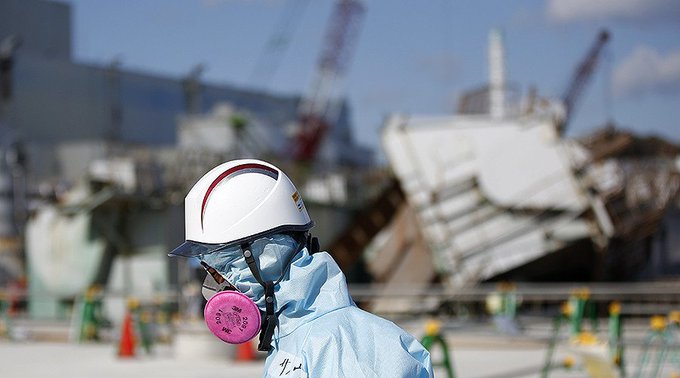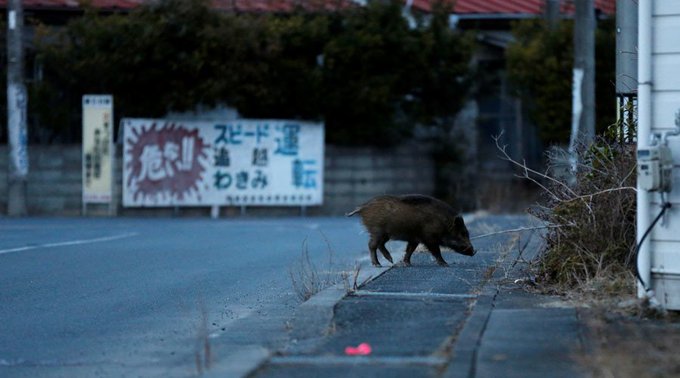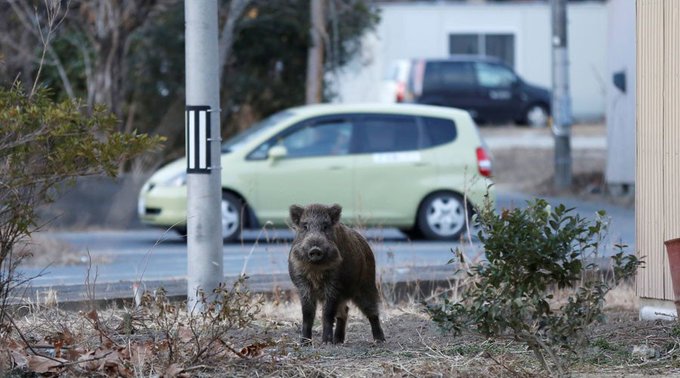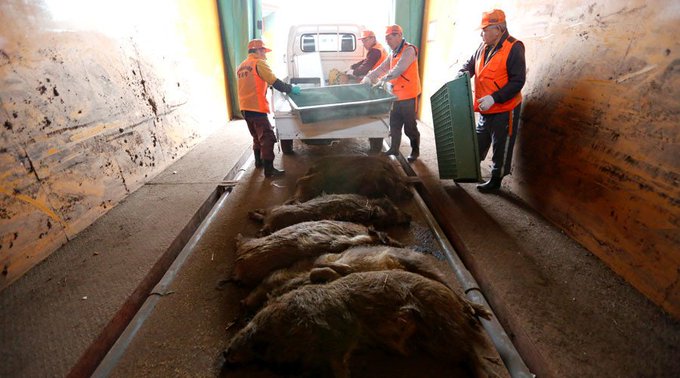Fukushima’s radioactive water to be released into ocean under new plan

The “decision has already been made” to release radioactive material from the Fukushima plant into the ocean, according to its owners. Fishermen have reacted with fury to the decision, claiming it will devastate their already struggling industry.
Under the plan the radioactive material tritium, which is being used to cool reactors whose cooling systems were damaged in the 2011 tsunami, will be released into the Pacific Ocean.
"I'm very sorry that Tepco has been prolonging making a decision," the new chairman of Tokyo Electric Power Company Holdings (TEPCO) Takashi Kawamura told reporters on Thursday, reported Reuters. "We could have decided much earlier, and that is Tepco's responsibility."
The plan still requires the approval of the Japanese government before TEPCO can proceed.
Some 770,000 tons (metric) of tritium-containing water is currently stored in 580 tanks at the plant, reported the Japan Times. Toxic water at the plant is currently being treated through a processing system that can remove 62 different types of radioactive material, except tritium.
The local fishermen cooperative has hit out at the plan, saying it had not been discussed with local residents.
“Releasing (tritium) into the sea will create a new wave of unfounded rumors, making our efforts all for naught,” Kanji Tachiya, head of a local fishermen cooperative, told the Japan Times.
Situated 10 meters above sea-level, three of the nuclear power plant’s six reactors’ cooling systems were crippled by flooding caused by the tsunami, making the disaster the worst since the Chernobyl catastrophe in the USSR in 1986.
The plan still requires the approval of the Japanese government before TEPCO can proceed.
Some 770,000 tons (metric) of tritium-containing water is currently stored in 580 tanks at the plant, reported the Japan Times. Toxic water at the plant is currently being treated through a processing system that can remove 62 different types of radioactive material, except tritium.
The local fishermen cooperative has hit out at the plan, saying it had not been discussed with local residents.
“Releasing (tritium) into the sea will create a new wave of unfounded rumors, making our efforts all for naught,” Kanji Tachiya, head of a local fishermen cooperative, told the Japan Times..
Situated 10 meters above sea-level, three of the nuclear power plant’s six reactors’ cooling systems were crippled by flooding caused by the tsunami, making the disaster the worst since the Chernobyl catastrophe in the USSR in 1986.





0 Comments:
Post a Comment
Subscribe to Post Comments [Atom]
<< Home